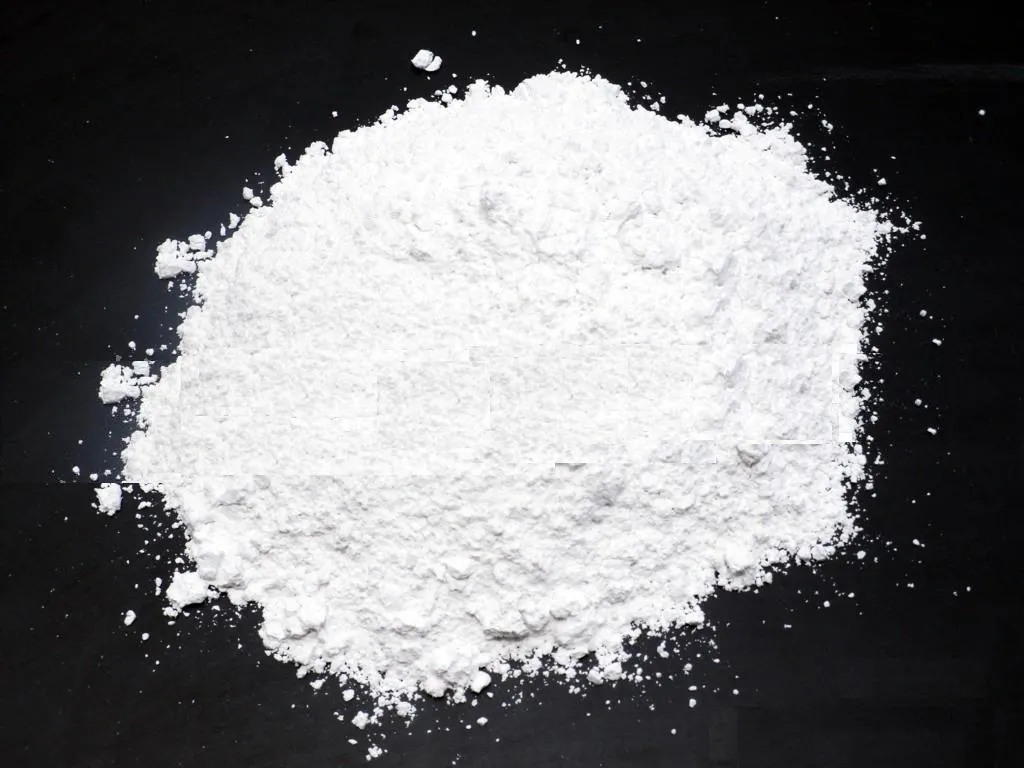
custom silica fume fly ash
The Importance of Custom Silica Fume and Fly Ash in Construction Materials
In the realm of modern construction and civil engineering, the quest for more sustainable and efficient materials has led to the increasing use of supplementary cementitious materials (SCMs). Among these materials, silica fume and fly ash are proving to be invaluable resources, enhancing the performance of concrete while also addressing environmental concerns.
What are Silica Fume and Fly Ash?
Silica fume, a byproduct of silicon metal or ferrosilicon alloy production, consists of ultra-fine particles that are rich in silicon dioxide (SiO2). It is known for its pozzolanic properties, meaning it can react with calcium hydroxide in the presence of water to form additional cementitious compounds. This reaction significantly improves the strength and durability of concrete when added to conventional cement mixtures.
Fly ash, on the other hand, is a fine powder that results from the combustion of pulverized coal in electric power generating plants. It is primarily composed of silica, alumina, and iron, and is also a pozzolan. Fly ash is not only used to replace a portion of the cement in concrete, which reduces the need for cement production and lowers carbon emissions, but it also enhances the workability and durability of concrete.
The Advantages of Custom Silica Fume and Fly Ash
Using custom blends of silica fume and fly ash can provide tailored solutions to meet specific project requirements. Some of the key advantages include
1. Enhanced Strength and Durability The addition of silica fume and fly ash leads to denser concrete with improved mechanical properties, including compressive strength and tensile strength. The finer particles of silica fume fill the gaps between larger aggregates, leading to a more compact structure, while fly ash contributes to hydration reactions that enhance long-term strength.
2. Reduced Permeability The incorporation of these materials helps reduce the permeability of concrete, making it more resistant to water, chemicals, and environmental degradation. This is crucial in scenarios where concrete is exposed to harsh conditions, such as marine environments or wastewater treatment plants.
custom silica fume fly ash

3. Sustainability The use of silica fume and fly ash significantly lowers the carbon footprint of concrete production. By replacing a portion of traditional cement, we can decrease the consumption of natural resources and minimize greenhouse gas emissions associated with cement manufacturing.
4. Cost-Effectiveness Fly ash is often less expensive than conventional cement, and incorporating these SCMs can result in significant cost savings in large-scale construction projects. Additionally, using less cement can reduce the overall material costs, making projects more financially viable.
5. Customizable Properties By varying the ratios of silica fume and fly ash in concrete mixtures, engineers can customize the properties of the concrete. Whether the goal is a faster setting time, enhanced workability, or specific durability characteristics, these materials can be adjusted to meet the unique needs of each project.
Applications in Construction
Custom silica fume and fly ash blends are applied in various construction scenarios, including high-rise buildings, bridges, industrial floors, and precast concrete products. Their ability to enhance the performance of concrete is particularly beneficial in high-stakes environments where longevity and durability are paramount.
Furthermore, as sustainability becomes a more significant concern in construction, the use of these materials aligns with green building standards and certifications, helping construction firms achieve their environmental goals and satisfy client demands for sustainable practices.
Conclusion
In summary, custom silica fume and fly ash are more than just supplementary materials; they represent a crucial advancement in the pursuit of sustainable construction practices. Their ability to enhance the durability, strength, and sustainability of concrete makes them essential materials for contemporary engineering challenges. By continuing to innovate and refine the use of these products, the construction industry can contribute positively to both technological progress and environmental stewardship.
Share
-
Natural Premium Bentonite Cat Litter - Superior ClumpingNewsJul.31,2025
-
Premium Resin Coated Sand - High Heat Resistance CastingNewsJul.31,2025
-
High Quality Silicon Carbide Grit for Abrasive ApplicationsNewsJul.30,2025
-
High-Quality Ceramsite for Plants & Gardening | Lightweight PebblesNewsJul.29,2025
-
Premium Burgundy Glass Marbles for Vases & Shooter GamesNewsJul.29,2025
-
High Purity Quartz Sand for Industrial and Ground ApplicationsNewsJul.29,2025






